A MAJOR easing of the UK’s lockdown kicks off from today, March 8, to the delight of Covid home-schooling parents juggling work and teaching.
Isolated kids are joining their pals at schools, as the country officially embarks upon the start of Boris Johnson‘s “one-way road to freedom”.

Read our coronavirus live blog for the latest news & updates…
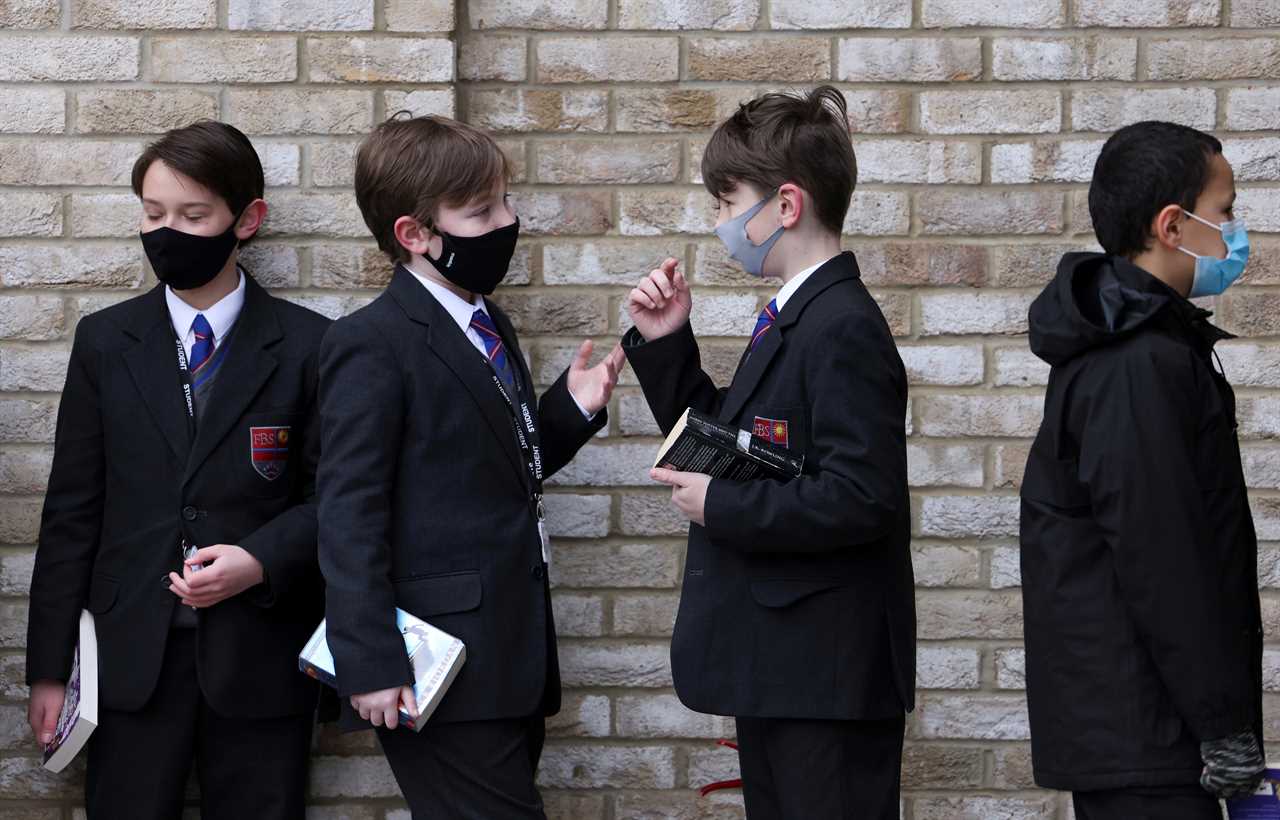
What changes on Monday, March 8?
All primary and secondary schools in England reopened from Monday, March 8.
However, secondary schools could stagger the return to enable testing of pupils for Covid.
Also, two people are now able to meet outdoors and care home residents have got the OK for one indoor visitor.
The reopening of schools across England for all pupils marks the “beginning of the road back to normality”, the Education Secretary said.
Dr Susan Hopkins, deputy director of Public Health England, told the BBC’s Andrew Marr show on March 7: “I don’t think we should pause the children going back to school.
“We’ve got three weeks till the Easter holidays – we will have time to look at the data very carefully over that period and also the data in the Easter holidays.”
Dr Hopkins, who is an expert on new variants of the virus, said that five weeks were needed between each of the reopening phases to see whether there was any rise in transmission following the return to classrooms.
This would also depend on the impact of the UK’s huge vaccination rollout, and people continuing to stick to social distancing, hygiene and other measures to tackle the pandemic.
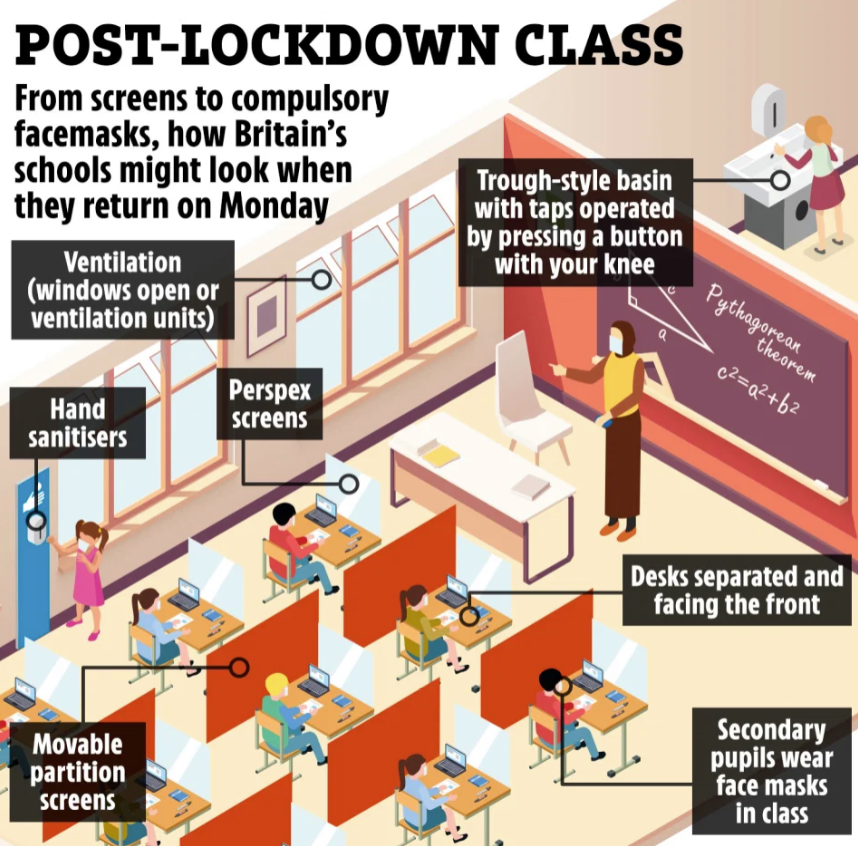
Schools and childcare
Primary pupils will not have to be tested for Covid or wear face masks.
But all secondary school children must take four Coronavirus tests within the first fortnight of reopening.
These first lateral flow swabs will be done in schools.
Dr Hopkins said taking the tests will be “particularly important” in the coming weeks.
“We know lateral flow tests highlight the people who are most infectious and most likely to transmit the virus, and using these is way of finding asymptomatic people rapidly,” she said.
She admitted to Andrew Marr that the tests are “uncomfortable” – but says her 12-year-old has taken several without issue.
Teens will be free to attend class after their first negative test but must self-isolate if positive.
They will then have to swab themselves at home twice a week and inform their school of the result.
EASTER
A similar programme is in place for students at universities across the country too – with kits on campus.
Uni students on practical courses, such as medicine, could return to campus from March 8. But all others remain stuck with Zoom lectures.
All other higher education students will not return until after the Easter break – when ministers will review all the data.
Primary school staff will continue to take two rapid tests each week at home.
Secondary pupils and teachers will have to wear masks in classrooms “for a limited period of time” when it is impossible for them to keep two metres apart.
The DfE says:
- For pupils in Year 7 and above, face covering should be worn by staff and students when moving around the premises, outside of classrooms, such as in corridors and communal areas where social distancing cannot easily be maintained.
- Face coverings do not need to be worn by pupils when outdoors at school, or when taking part in exercise or PE lessons.
Breakfast and after-school clubs and children’s sport could also start again.
From March 8, childminders were allowed to continue looking after vulnerable children as per normal.
Childcare and other supervised kids’ activities could resume from March 8 where they enable parents to work, seek employment, attend education, get medical care or attend a support group.
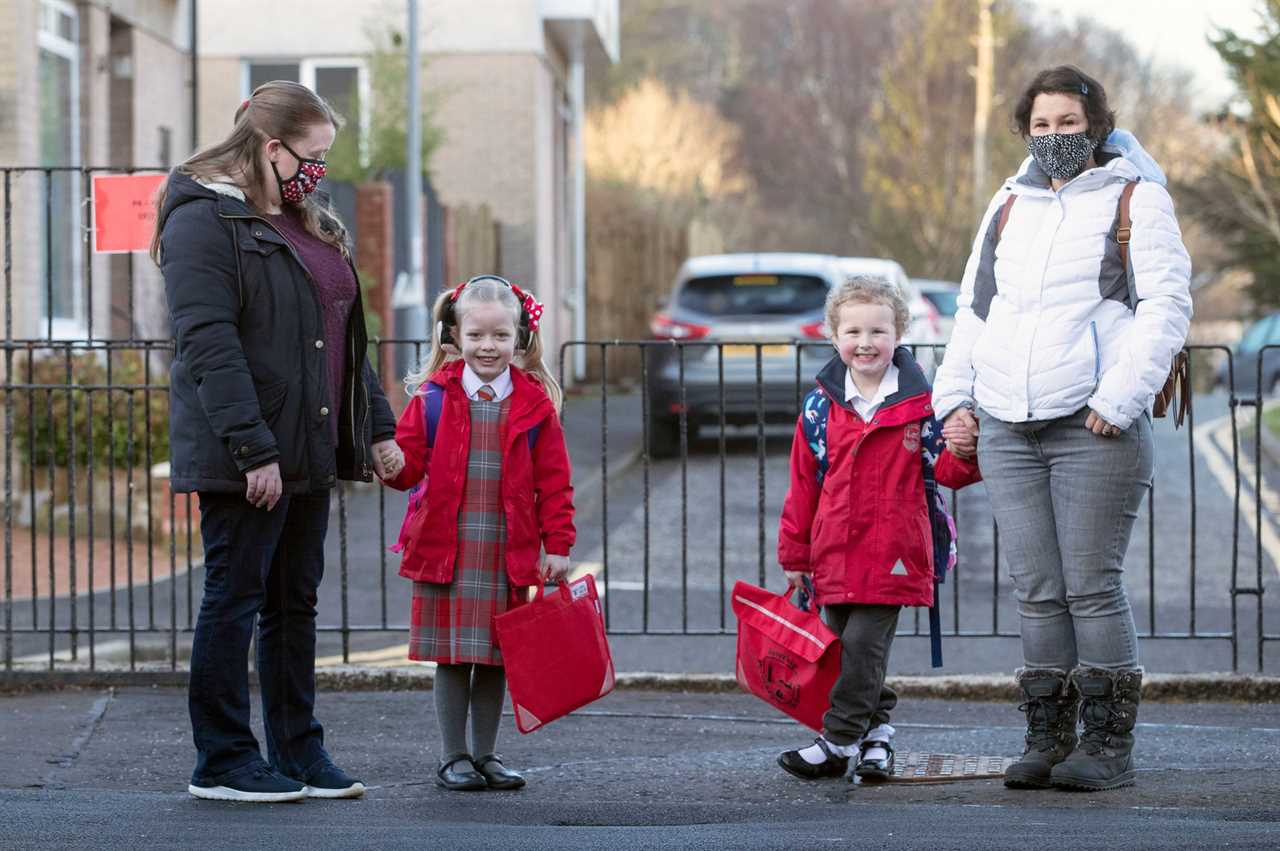
Care home visitors return
As part of the government’s roadmap to ease lockdown restrictions, care home residents are allowed one indoor visitor from March 8.
But, as part of a cautious easing of lockdown, visitors are required to take a lateral flow test before entry, and wear PPE.
The scheme will allow a single visitor to hold hands with their relative/friend in the care home and make repeat visits.
Health Secretary Matt Hancock said: “I know how important visiting a loved one is and I’m pleased we will soon be in a position for people to be carefully and safely reunited with loved ones who live in care homes.
“This is just the first step to getting back to where we want to be.
“We need to make sure we keep the infection rate down, to allow greater visiting in a step-by-step way in the future.”
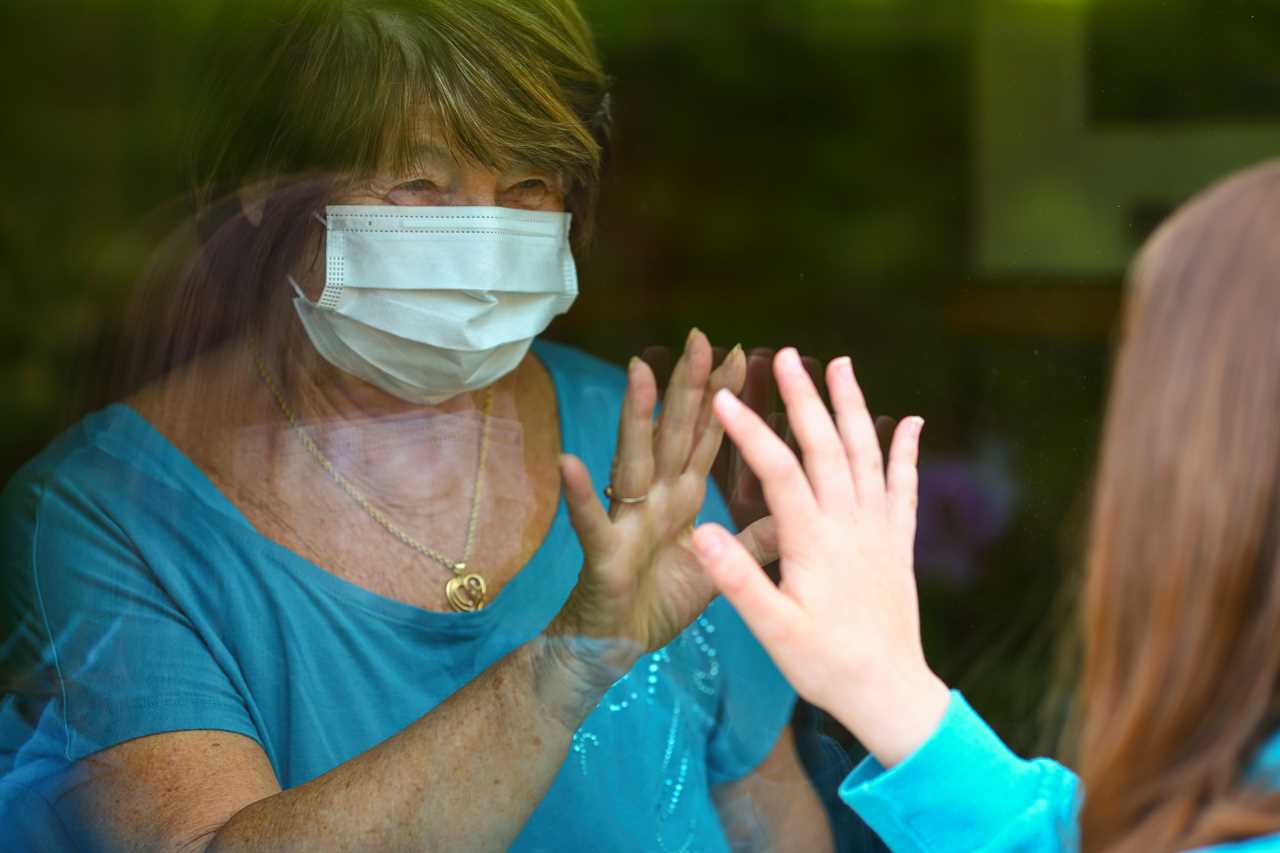
Outdoor socialising
From March 8 a one-plus-one rule applies.
This means that Brits can now meet one other person from a different household for a coffee or a picnic outside.
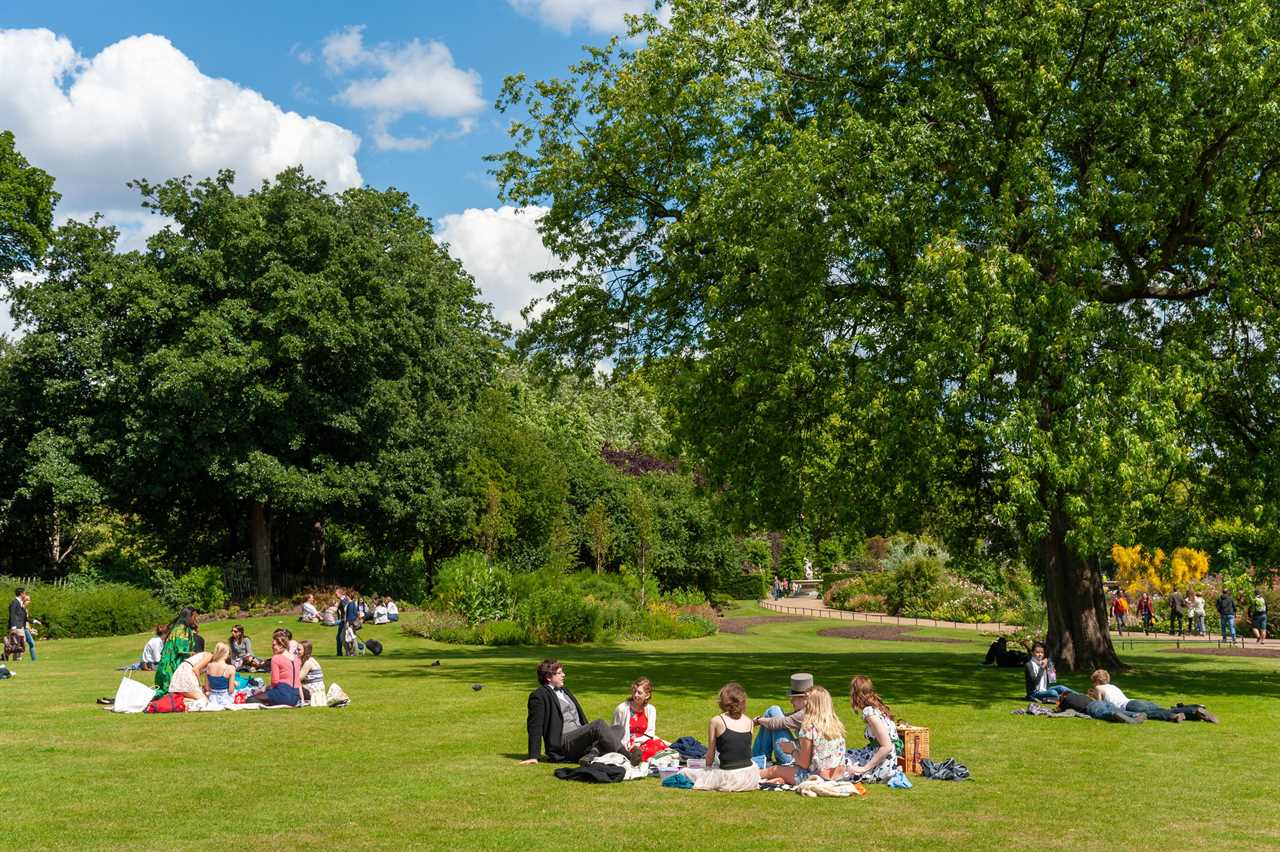
What will happen on March 29?
The national stay-at-home order will be scrapped on March 29, with advice updated to essential travel only.
Outdoor team sports and activities such as tennis and golf will also return with people able to head to their local sports clubs again.
From March 29 the Rule of Six will return.
This allows six people from multiple households to meet, or two households of any size, as long as it is outside, such as in a private garden.

What are the other lockdown steps?
Boris Johnson has revealed his step-by-step plan for unlocking the UK economy and returning Brits’ freedoms over the coming months.
April 12
In the first major easing of restrictions, non-essential shops and will reopen and restrictions on people’s travel will be further relaxed.
Families who live in different areas of the country will be able to travel to meet outdoors, as long as they don’t enter each other’s homes.
Brits can enjoy a pint in pub beer gardens once again as long as they stay seated. Rules about ordering food and a 10pm curfew from previous lockdowns will not return.
Pubs and restaurants will be able to offer outdoor seating with table service. Social distancing and the Rule of Six will stay in place.
Gyms will reopen but for individual exercise only, group classes will not be allowed until May 17.
Unkempt Brits have been unable to visit a barbers or hair salon since January under the current lockdown.
But the nightmare will be over when hairdressers are be able to reopen on April 12.
Restrictions on weddings will be eased from April 12, with the number of attendees limited to 15 people at ceremonies.
Zoos and other outdoor attractions such as theme parks and drive-in cinemas will also be able to reopen.
On the same day, a further update is expect on international travel rules.
The lifting of restrictions on domestic travel from April 12 will give the go-ahead for domestic holidays to resume after Easter.
Staycations will allow members of the same household to stay in self-contained accommodation.

May 17
May 17 will mark the lifting of many indoor restrictions currently in place across the UK.
Pubs and cinemas will reopen their doors to allow customers inside and fans will once again be able to watch live sport and music at stadiums and arenas, with social distancing.
Outdoor stadiums will be limited to 25 per cent capacity up to 10,000 fans.
Smaller outdoor events will be limited to 50 per cent capacity up to 4,000 fans and indoor events 50 per cent up to 1,000 people.
The move means the final round of 2020/21 Premier League could see fans return to stadiums – some for the first time since last March.
Wembley Stadium is scheduled to host the semi-finals and final of Euro 2020 in July.
Indoor mixing in people’s homes, including overnight stays, will be allowed once again with Rule of Six and a limit of two households.
The number of attendees allowed at weddings will rise to 30.

June 21
Mr Johnson said while outlining his five-month roadmap for getting the country out of lockdown that all restrictions will be lifted on June 21.
Nightclubs will be allowed to welcome party-goers for the first time since March 2020.
It is also hoped restrictions round weddings will also be scrapped, with a decision due to be taken nearer the time based on the numbers of deaths and the success of the vaccination rollout.

Did you miss our previous article...
https://trendinginthenews.com/covid-19/strictly-come-dancing-queen-shirley-ballas-joins-the-suns-jabs-army-and-says-its-a-ten-from-me






